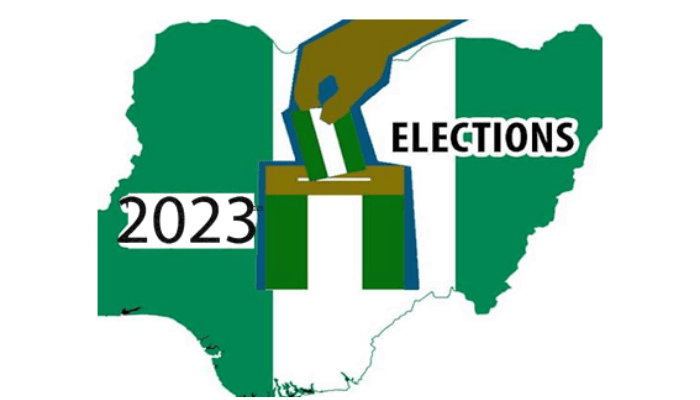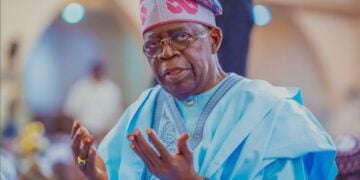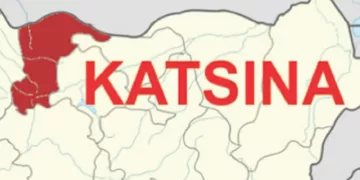The 2023 general elections are barely five months away. It is expected that all issues pertaining to adequate preparation would have been addressed by now in order to have a smooth conduct of the exercise as well as timely resolutions of issues arising from the elections.
It is in the light of this that we are worried that the federal government is yet to release the funds to prosecute the 2023 general election petitions tribunals across the country. It may impede plans to constitute the various tribunals and courts.
The process of training of justices, tribunal judges and registry staff, we are told, is also on hold, because funds have not been released. The President of Court of Appeal recently lamented that existing tribunals had taken up a whole chunk of the very limited resources of the court. He also added that there was no fund to constitute the 2023 election petitions tribunals.
Election petitions tribunals are very crucial and an integral part of the electioneering process. Election petitions tribunals hear matters pertaining to election which is a process starting with accreditation on Election Day and conclude with declaration of results. They are imperative in order to forestall post-election violence, ensure peace and order and also sustain the democratic process.
It is the statutory responsibility of the Court of Appeal to constitute election petitions’ tribunals for elections in the country. The election tribunals are established under Section 285 (2) of the 1999 Constitution (as amended by Section 9 of the constitution (Second Alteration Act, 2010).
The Federal Court of Appeal of Nigeria is the intermediate Appellate Court of the Nigerian federal court system. The Court of Appeal of Nigeria decides appeals from the district courts within the federal judicial system, and in some instances from other designated federal courts and administrative agencies. These judges are recommended by the National Judicial Council (NJC), nominated by the President of Nigeria and confirmed by the Senate.
Justices of the Court of Appeal must be qualified to practice law in Nigeria, and must have been so qualified for a period not less than 12 years.
In line with the provision of the Constitution, Justices of the Court of appeal have a mandatory retirement age of 65 years.
The Court of Appeal like other superior court of records in Nigeria, derives its original and appellate jurisdiction from the Constitution as well as various Acts of the National Assembly. The original jurisdiction of the Court of appeal is spelt out in section 239 of the Constitution. This section empowers the court to hear and determine matters on election petitions involving the election into the office of the President or vice president.
However, pursuant to section 240 of the Constitution of the Federal Republic of Nigeria 1999 (as amended), the court of appeal is conferred with the exclusive appellate jurisdiction to hear and determine appeals from the following courts; Federal High court; High Court of the States; High Court of the Federal Capital Territory, Abuja; Sharia Court of Appeal; Customary court of Appeal; Court Martial and Tribunal.
The courts hold a unique position among democratic institutions. In a sense, they represent one of our last bastions of participatory democracy in which disputants go directly before a judge or jury to resolve an issue. In no other governmental connect does an individual have the opportunity to take a problem to a decision maker who represents the full force and power of that particular branch of government. This direct interchange between the individual and the state is the heart of democratic process.
It is pertinent to state that adequate preparation requires adequate funding. The essential ingredient for the tribunals to function effectively to maximum capacity is the provision of the much-needed funding to provide adequate facilities for the tribunals across the nation.
We call on the relevant authorities to ensure the funds for running of the election petitions’ tribunals are released urgently in order to ensure adequate preparation for the 2023 general election.
The existence of a strong and independent judiciary is critical in the sustenance of democracy and attainment of a state of affairs where justice will not only be present but also seen to be present. And this cannot be achieved without adequate funding.











